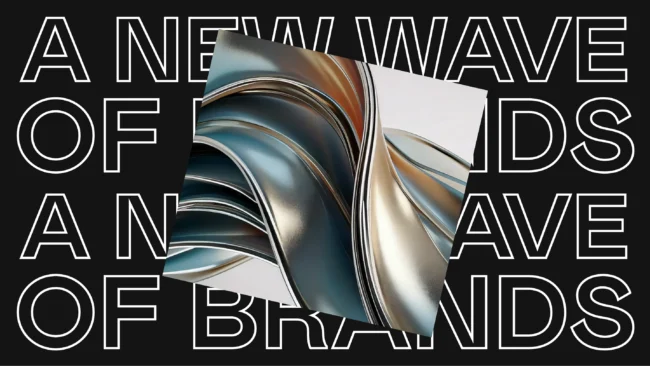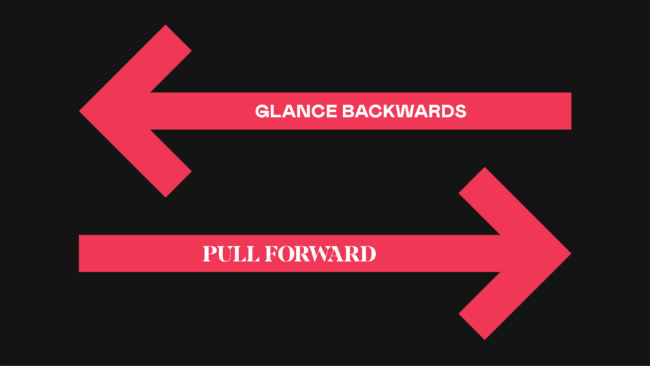
The iconic internet 1.0 marque will be phased out as Verizon sells its media assets to Apollo Global Management.
If you were born anytime before the millenium, chances are you can still hear the screeching sound of an AOL dial-up connection booting on your desktop.
But the iconic America Online brand, the gateway to the web in its early days, is officially no more. The brand will be phased out in Verizon’s $5 billion fire sale of its media assets, consisting of AOL and Yahoo, to Apollo Global Management, announced Monday.
From now on AOL, which consists of digital media companies including HuffPost and TechCrunch, as well as a roll-up of early ad tech assets including Convertro and Millennial Media, will be bundled under the Yahoo brand.
The AOL-Yahoo mash-up has undergone various brand iterations since both companies’ acquisitions by Verizon for a collective $9 billion in 2015 and 2017, respectively, (remember Oath?). Most recently the roll-up has simply been known as “Verizon Media.”
Once a part of that mash-up was Tumblr, which Yahoo bought for $1.1 billion in 2013 and sold for a mere fraction — $3 million — to Automattic, which owns WordPress, in 2019.
While both Yahoo and AOL suffer from lost relevance on the modern internet, Apollo clearly sees more equity in the Yahoo brand. Yahoo even released a brand campaign featuring its new positioning just as the news of the sale broke.
A new era of the internet
Experts agree AOL is the obvious brand to put on the chopping block, as it has repeatedly tried and failed to distance itself from dial-up internet.
“The death of the AOL brand should come as no surprise to anyone,” said Daniel Binns, CEO of Interbrand NY. “Shedding the vestiges of dial-up internet has been a huge drag on the AOL brand, and the category it has played in has been disrupted several times by world-leading brands like Google and Apple.”
While AOL still has high brand recognition, it’s mostly from a nostalgia perspective, said Melanie McShane, senior director of strategy at Siegel + Gale.
“AOL was one of the first internet super brands,” she said. “But they’ve been trading on that history for a long time and it’s had some diminishing returns. The things they are known for are not the things people are looking for.”
On the other hand, while many people have traded in their Yahoo email address for a Gmail account, the company’s finance, news and sports portals still maintain relevance. And building off of Yahoo’s brand is more economical than constructing a new brand altogether.
“We know how hard it is to build a net-new brand,” McShane said. “Yahoo hasn’t done a great job of keeping up with tech giants, but it has done a better job than AOL was able to.”
From a B2B perspective, Verizon Media built one of the largest ad tech companies in the market. But Yahoo hasn’t had the best history with acquisitions in the space. It must also consider how much appetite there is for its offering among consumers, and whether the brand is strong enough to attract great talent.
“When you’re known for one thing, it can be very resource intensive to try and stand for something else,” McShane said. “There will be a challenge around credibility that they can reinvent themselves again. They’ll have to have a purpose beyond printing profits from ads.”
What AOL got right and wrong
In addition to lack of innovation, AOL’s demise was preceded by a few poor branding decisions.
Most notable was the choice to stop using the AOL name for the company’s broadband offering after AOL bought Time Warner in 2000, as well as Verizon’s decision to invest in its own email offering over AOL’s, said Jenn Szekely, managing partner Coley Porter Bell U.S.
“The most critical mistake was not leveraging the AOL brand strengths to drive a comeback,” she added, pointing to companies like Apple, Netflix and Nintendo that were able to reinvent their original offerings to keep up with consumer demand.
But AOL didn’t get it all wrong. It was one of the first tech brands to nail sonic branding with its famous dial-up tone and “you’ve got mail!” greeting, an area where more companies are investing heavily. “AOL was one of the first technology brands to have its brand sound become famous,” Szekely said.
While most agree AOL’s relevance has waned, some branding experts are mourning the loss of a one-time giant.
“It’s a shame a brand that was so well known is basically being put to death,” Szekely said. “Many businesses would kill for the awareness that still exists with the AOL brand, as they would have to spend a fortune and a fair while to get there.”
McShane added: “If anything, it teaches us that time in tech goes very, very fast.”

